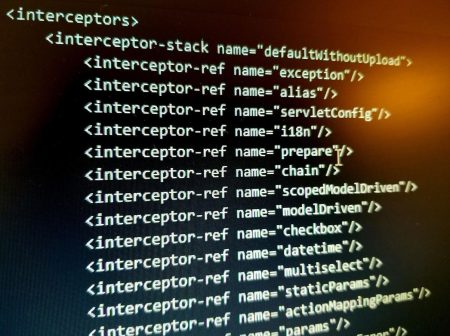The ongoing debate surrounding income tax distribution between individuals and corporations necessitates a historical analysis and a deeper understanding of the underlying economic mechanisms. Data from the Office of Management and Budget reveals a concerning trend: while individual income tax contributions have remained relatively stable, corporate income tax contributions have steadily declined as a percentage of total income tax revenue. This disparity raises fundamental questions about the fairness and efficacy of the current tax system. Should individuals bear the brunt of funding government operations while corporations, with their vast resources and influence, enjoy a lighter burden?
The core justification for income tax, whether levied on individuals or corporations, is to finance essential government services and programs that benefit all citizens. From national defense and infrastructure development to education and healthcare, these services are crucial for a functioning society. While it’s true that some low-income individuals may not pay income tax directly, they still contribute to the government’s coffers through payroll taxes (Social Security and Medicare), sales taxes, and various fees. However, the principle of shared responsibility suggests that entities benefiting from the economic system, particularly profitable corporations, should contribute their fair share to the common good.
The declining corporate contribution to the overall income tax pool raises red flags. Comparing personal income to corporate profits using data from the St. Louis Fed reveals a stark divergence. While personal income has grown steadily, reflecting the sheer size and expanding wealth of the U.S. population, corporate profits have also increased, but their contribution to the tax base has diminished. This suggests a systemic issue with how corporate income is taxed, potentially allowing corporations to shield a larger portion of their profits from taxation. This imbalance undermines the principle of equitable burden-sharing and places undue pressure on individual taxpayers.
The crux of the issue lies in the fundamental difference between how personal and corporate income are taxed. Personal income is taxed on gross income, meaning all earnings before any deductions for expenses. Individuals must pay taxes on their total income before they can even cover their living expenses. In contrast, corporations enjoy a multitude of deductions for business expenses, including salaries, rent, materials, and professional services. This effectively reduces their taxable income to a fraction of their total revenue. While some deductions are legitimate and necessary for business operations, the extensive range of allowable deductions can be exploited to minimize tax liability.
The discrepancy in how personal and corporate income is treated creates an inherent unfairness. Individuals are essentially taxed on the money they need to meet their obligations, while corporations are taxed only on the residual profit after deducting all their expenses, including the salaries they pay to their employees. This effectively transfers a portion of the tax burden from corporations to individuals, as individuals are taxed on the income they receive from corporations, which has already been used to reduce the corporation’s tax liability. This system of tax shifting disproportionately favors corporations and perpetuates the imbalance in the income tax burden.
The issue is further compounded by the political influence wielded by corporations. Their lobbying efforts often result in policies that further reduce their tax burden, exacerbating the disparity between individual and corporate contributions. Tax loopholes, credits, and deductions specifically designed for corporations further erode their tax base, shifting the responsibility of funding essential government services onto individual taxpayers. This not only creates an unfair system but also undermines public trust in the fairness and integrity of the tax code. A just and sustainable tax system requires a thorough re-evaluation of how corporate income is taxed, ensuring that corporations contribute their fair share to the common good while relieving the undue burden on individual taxpayers. A more equitable distribution of the tax burden is crucial for ensuring the long-term health and stability of the economy and fostering a sense of shared responsibility among all stakeholders.










